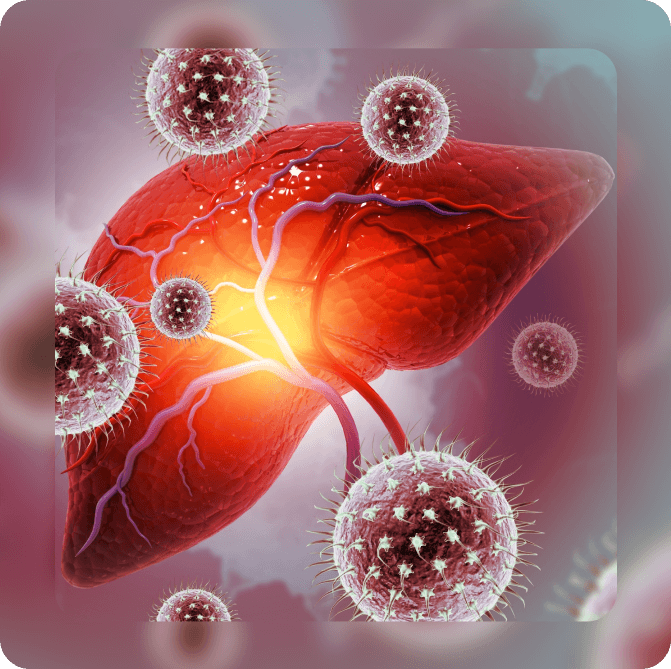Hepatitis C is liver inflammation that results from a viral infection, which can cause both acute and chronic hepatitis C, leading to cirrhosis, liver cancer and liver failure. According to the World Health Organization (WHO) 2019 data, hepatitis C remains prevalent worldwide, with about 58 million cases and 400,000 deaths each year.
Importance of Hepatitis C Screening
Hepatitis C screening is important for three main reasons:
- It is prevalent, especially in certain geographical areas and some at-risk populations.
- It can progress silently, often with minimal symptoms for an extended period.
- It can develop into chronic hepatitis C and lead to severe complications like cirrhosis, where the chances of successful treatment are lower.
While acute hepatitis C typically lasts less than 6 months, chronic hepatitis C can persist for a lifetime, making early detection crucial for preventing long-term health issues.







